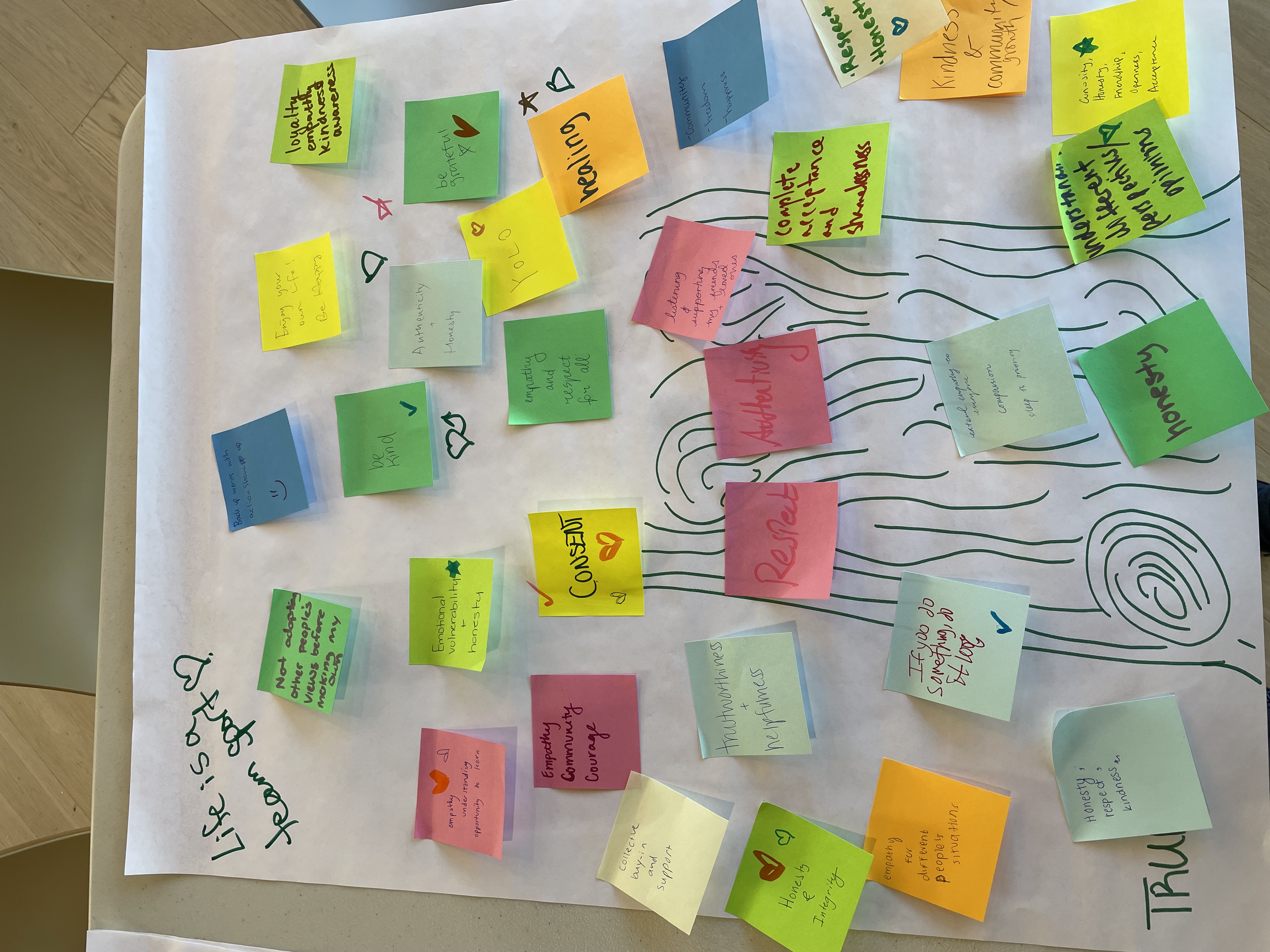Stress is the body's response to environmental demands. In general, when environmental demands exceed your ability to cope, it creates stress. Being in college can be extremely stressful, because there are constant demands on students to adjust and change. You may be on your own for the first time, you are balancing the demands of your course work with an increased number of day-to-day responsibilities. You're meeting new people, adjusting to a different living environment, perhaps juggling a job and trying to determine your life course all at the same time. You might also experience other stressors including roommate problems, test anxiety, deadlines, midterms, finals, relationships, and your parents.
Some stressors are sudden and severe, some are chronic and serious, some are positive changes that place pressure or demands on you, and still others are expectable life problems. But stress isn't always negative. Positive stress adds anticipation and excitement to life. Insufficient positive stress may leave us feeling bored. On the other hand, too much negative stress can leave us feeling overwhelmed.
The art of stress management is to keep yourself at a level of stimulation that is healthy and enjoyable - to create a balance of positive and negative stress that will motivate but not overwhelm you.






